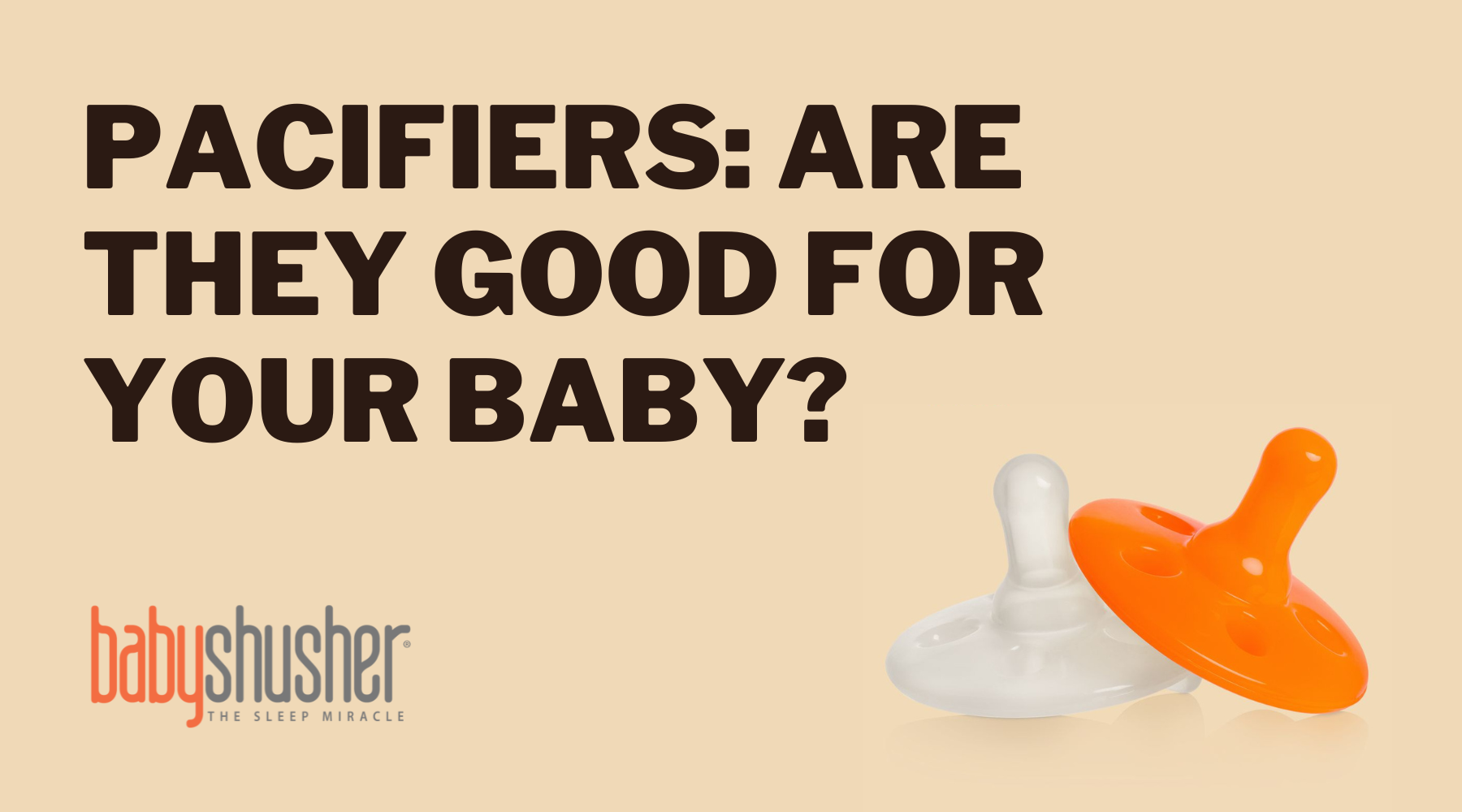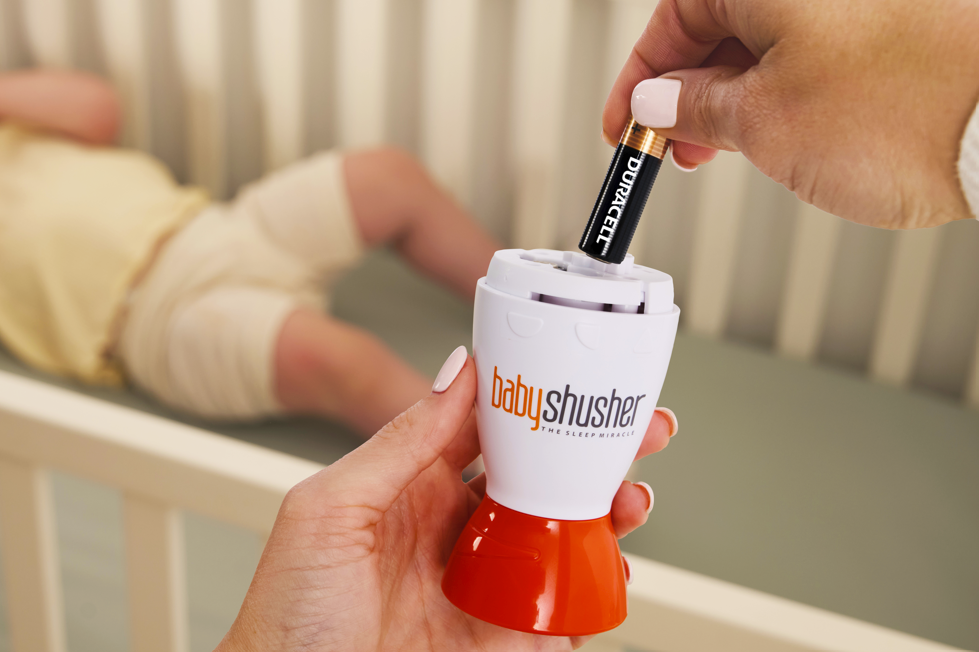When you become a parent, every decision can feel monumental, even small choices - like whether to give your baby a pacifier - can seem full of consequences. Pacifiers have been both criticized and praised as tools for comforting babies. But what do the experts say?
The Pacifier Pros:
- Soothing Effect: Sucking on a pacifier can calm crying, fussy babies, helping them relax and fall asleep more easily.
- Pain Relief: The act of sucking provides a distraction and comforting mechanism for infants. During vaccinations, medical procedures, or blood draws - babies can benefit from a pacifier.
- Reduced Risk of SIDS: Studies show that using a pacifier before and during sleep might decrease the risk of sudden infant death syndrome.
- Easier Weaning: When it’s time to stop using pacifiers, they are easy to dispose of. And, since they are an external tool, they can be removed and eventually taken away.
The Cons:
- Dental Problems: Long-term pacifier use, especially beyond the age of two, can lead to dental issues such as misaligned teeth.
- Dependency: Some children can become very dependent on their pacifiers, using them well into their toddler years. This dependency can be challenging to break and can interfere with speech development.
- Breastfeeding Disruption: In breastfed newborns, pacifiers might cause nipple confusion. This can interfere with effective breastfeeding, as the baby might have difficulty latching correctly.
Pacifier Do's and Don'ts:
Our Solution - Shushie Soothing Silicone Pacifiers
Babies love Shushie pacifiers because they mimic the gentle touch of real skin, designed to engage your baby’s natural sucking reflex. Developed by pediatricians, Shushie pacifiers are crafted to support healthy teeth and gum development right from birth.
The extra ventilation holes enhance air circulation, preventing discomfort and chafing on baby’s skin. The beveled nipple and tapered shield help the pacifiers stay in the baby’s mouth. Shushie pacifiers are non-toxic, hypoallergenic, and BPA-free, as well as dishwasher safe for easy sterilization.
Choosing a pacifier involves weighing the benefits against the potential drawbacks. What’s most important is that you make the choice that feels right for your family, considering your baby’s health and developmental needs. As always, discussing any concerns with your pediatrician can provide you with personalized guidance tailored to your baby’s specific situation.
To learn more, visit: Mayo Clinic

